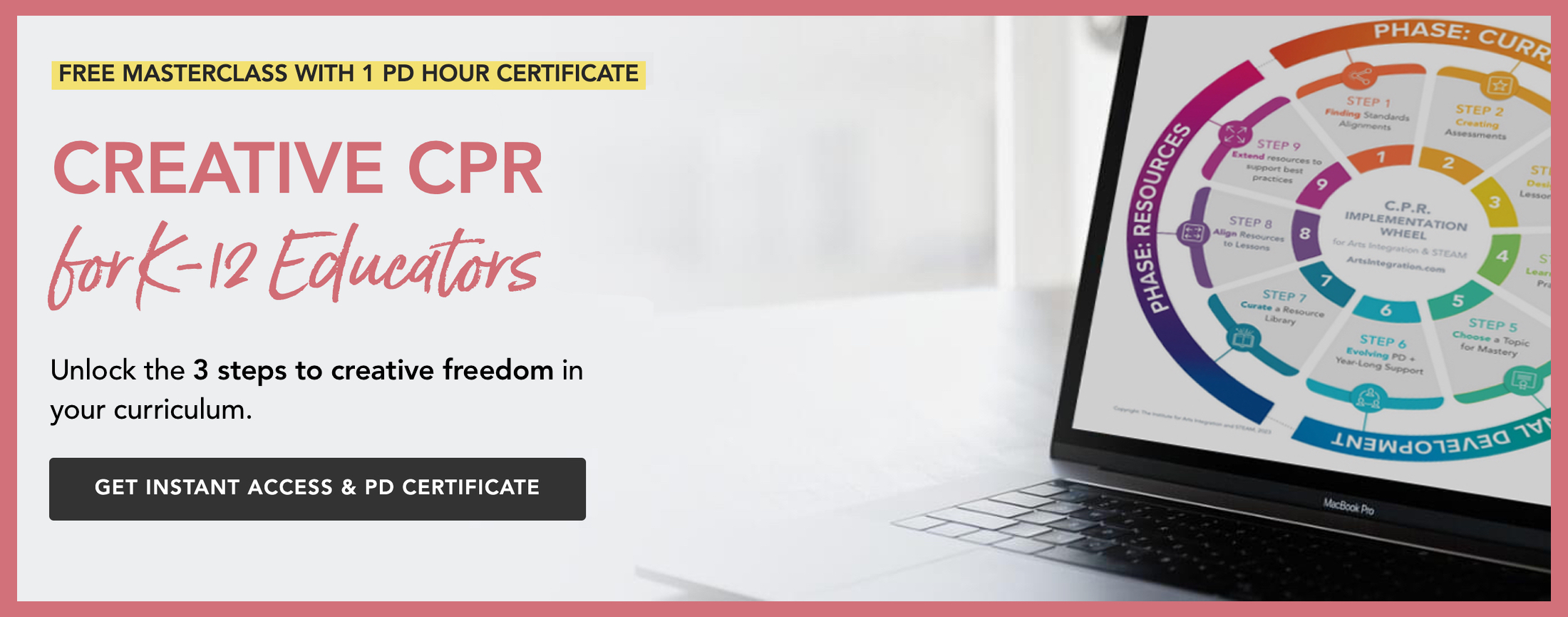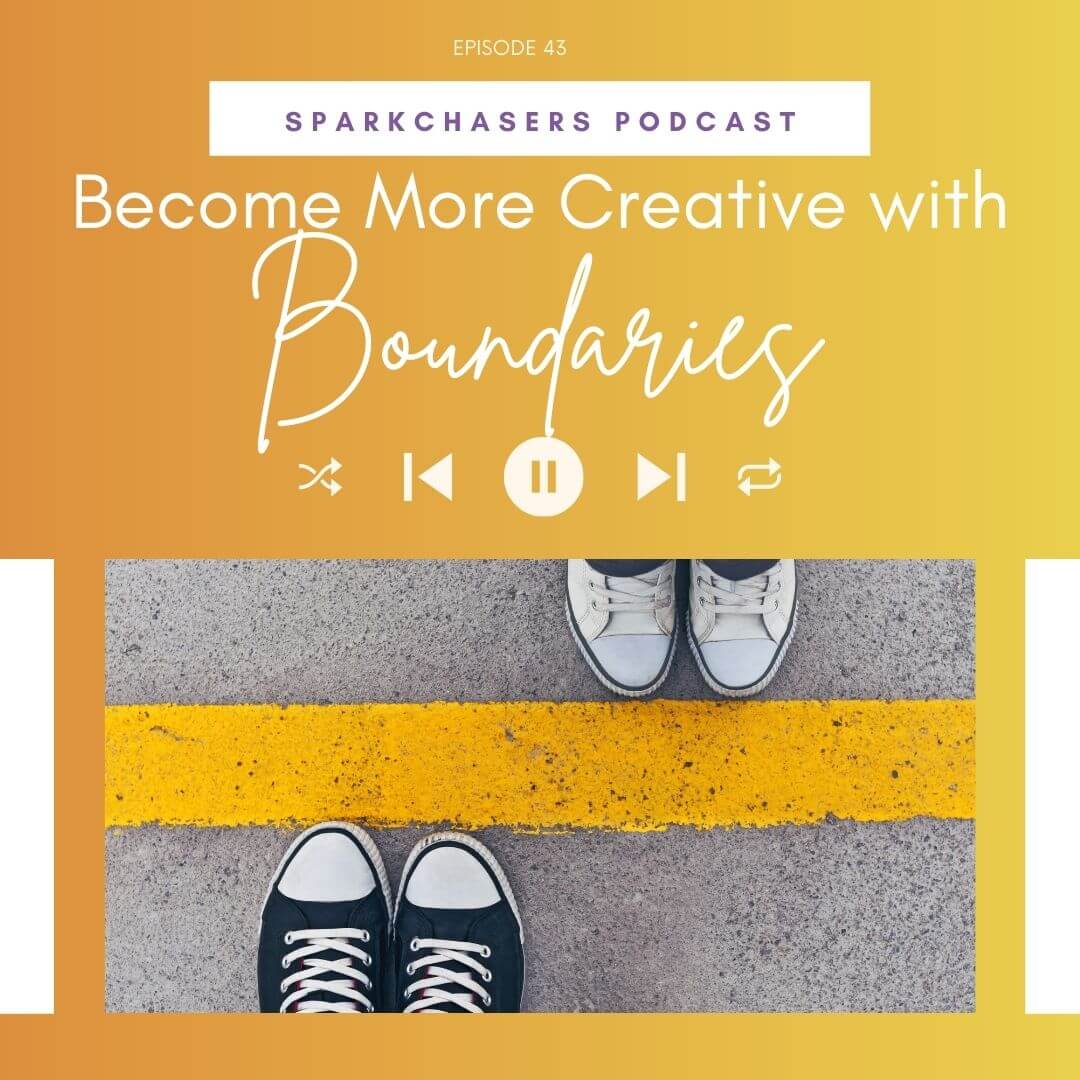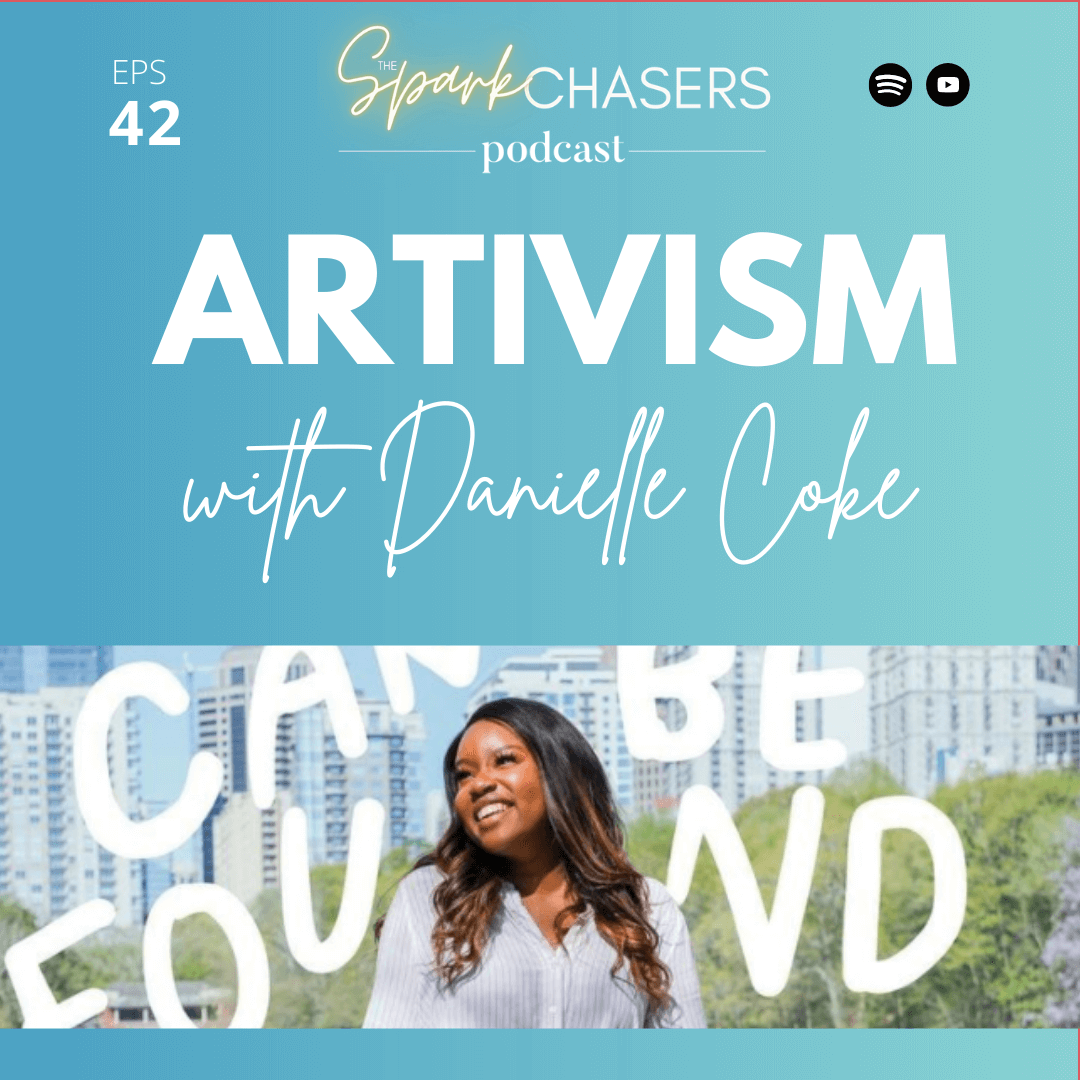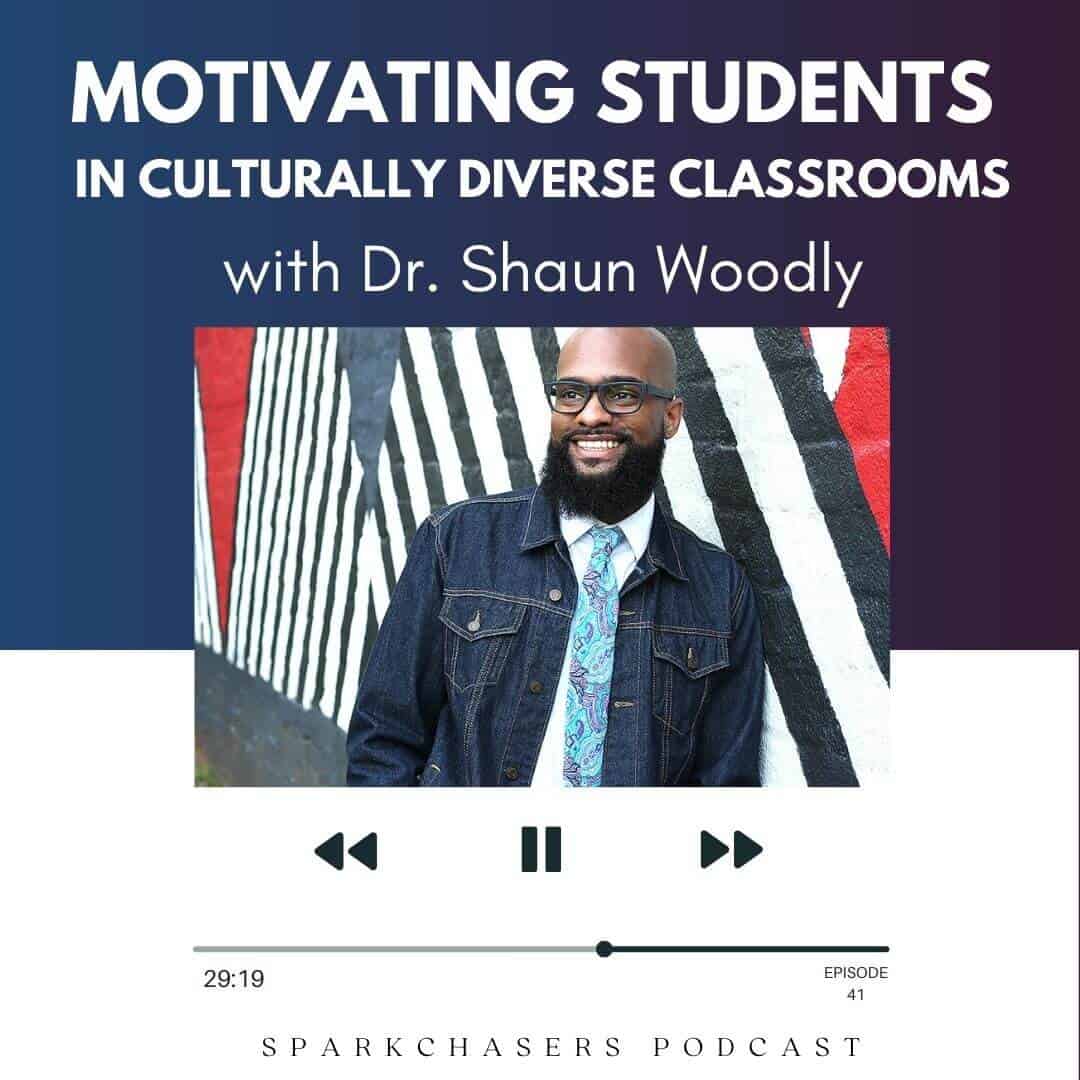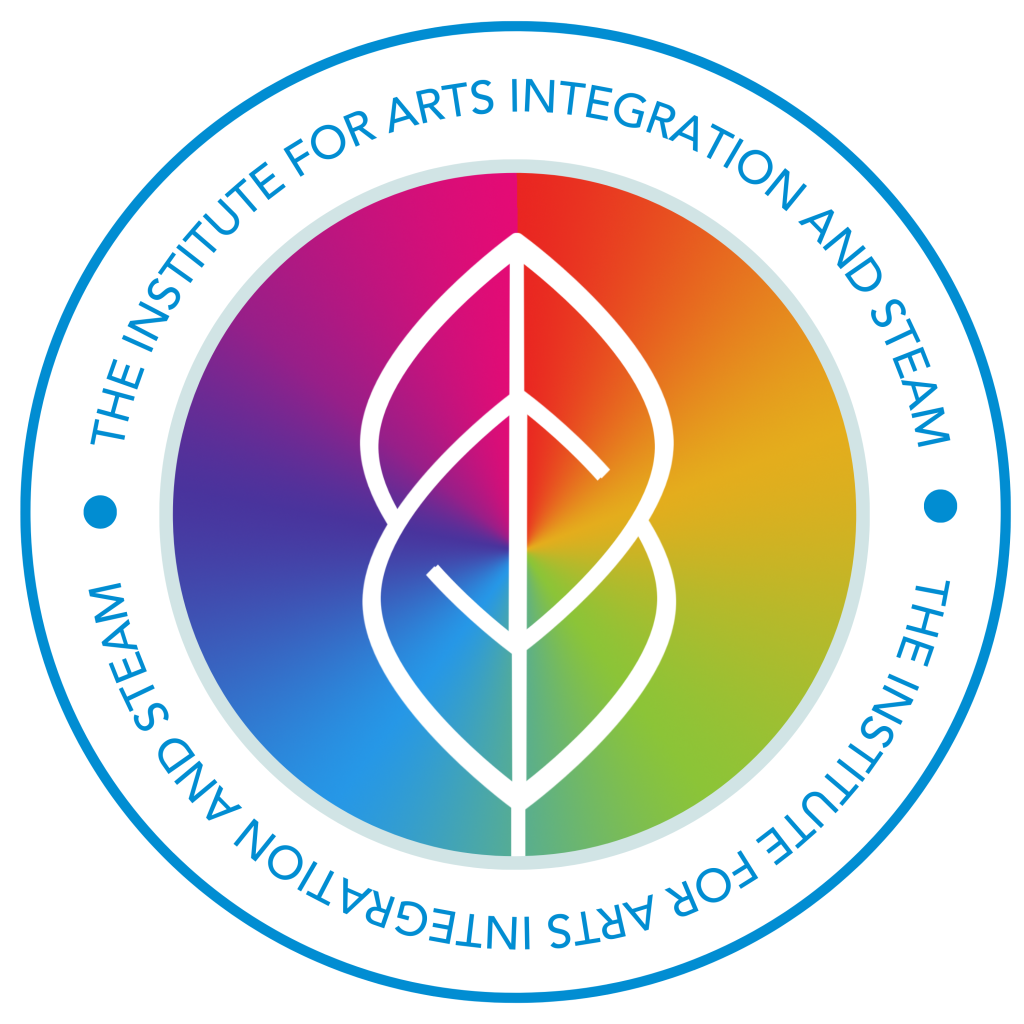Sparkchasers Episode 8 | Show Notes
Why Isn’t Your Stuff Free?
SUBSCRIBE ON:
I can’t wait to dig into today’s podcast episode, because it’s our first one answering the listener question: why isn’t your stuff free? This is such a big discussion point for so many teachers. I want to give you a little behind-the-scenes look at why we choose to be a for-profit company, how we support teachers through that profit, and dig into some money mindset components.
Today’s question comes from Sharron who writes: “I love the resources you share every week, but why isn’t more of your stuff free? Your audience is teachers and we don’t have a lot of money. I feel like I’m missing out on so many of your resources in the membership because I can’t afford the yearly fee.”
So…does that question make you feel a little uncomfortable? Or maybe it’s a question you’ve been dying to ask, too. Either way, I’m SO happy Sharron sent this in because it’s something I’m really passionate about. Let’s get started, friends.
Free vs. Paid Content
Number one, Sharron…I just want to thank you for starting this honest conversation. So many people are nervous to talk about money, but I think it’s important because it’s one of the ways our world operates. So I’m grateful for your question. And I’m also so glad that you do enjoy the resources we provide.
At the core of this conversation are a few key beliefs: the philosophy of sharing ideas, the mindset of teacher pay, and the uncomfortable idea that businesses are profiting off of underpaid individuals. We’re going to dig into all 3 of these today. But I want to start out with a simple phrase from the documentary “The Social Dilemma”: if you’re not paying for the product, you ARE the product.
Key Ideas Discussed:
- Data privacy online
- 80% of what we offer is free. The rest helps to pay for our staff, platform access, etc.
- Paying for content that someone produced is okay. It doesn’t make you or them a bad person.
- Nothing is ever totally free – people have to get paid. So that could be with grant money, for-profit pay structures, or venture capital.
Business Models
One thing I’ve learned over the past 10 years is that you can never know someone’s backend business by what you see on the front end. Here’s some realities we need to remember:
Key Ideas Discussed:
- Non-profit vs. For-Profit. What do these two mean and how do they differ in the way they make money?
- Grant-Funded Model
- Crowd-sourced Model: Donations included
- For-Profit Model
- Why we chose a for-profit model
- How to look at a business or organization holistically. What’s their mission statement? What are their core values? Do they give back in some way? How large is their organization?
Teacher Pay Mindset
Finally, we need to take a look at our own mindsets about teacher pay and the value of what we choose to buy. Nobody goes into teaching to become a millionaire. But that doesn’t mean we need to keep up the mindset that we are “poor”, either. We have the ability to choose how and what we spend our money on. This is directly tied to our values.
Key ideas Discussed:
- Values to explore: Do we value our time over money? Do we value supporting other educators? Do we value our family over our jobs? There are no right or wrong answers here. But how we choose to spend our money is tied to these questions. And our choices do not – and should not – be judgments of someone else’s values and motives.
- Some people believe that everything should be open-source and teachers should all share freely. However, would you expect to teach for free?
- We can also leverage the power of dialogue with our administration. If there is something you need to make you more effective at your job, advocate for it with your administrators and community. It’s important to stand up for the tools that you need to do your job well.
Whew! This was a hot-button episode for sure. And if I’m honest, it felt a little vulnerable to have this conversation. Usually for me, that is an indicator light going off that I have some work to do around an issue. If you’re feeling the same way, I get it. So maybe this week, we can all do a little digging into why this is such a trigger for us and for so many others.
I’d love to hear your thoughts and questions about this topic. Remember that just like Sharron, you can use the ask me anything button below to share with me your ideas and what’s bubbling to the surface for you. Just head over to artsintegration.com/sparkchasers and you’ll find today’s show notes, contact area, and links for more resources. And if you are enjoying the show and know someone who could benefit from our discussions, please share the podcast with them. Together, we can chase the spark of our ideas and make a brighter future for everyone. I’ll see you soon.
Additional Resources:
Have a Question?
Do you have a question about today’s episode or need help with something? Let me know using the button below and I’ll make sure to chat about it on an upcoming episode.

